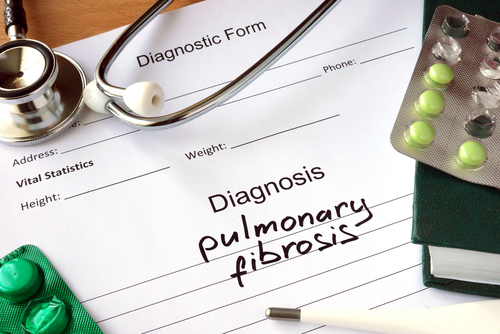Galecto’s Inhaled TD139 a Promising Therapy for IPF, Scottish Study Finds

Treatment with Galecto Biotech’s inhaled TD139 may become an effective and safe option for patients with idiopathic pulmonary fibrosis (IPF), according to a clinical trial conducted by Scotland’s University of Edinburgh.
Galecto, a Danish pharmaceutical firm, will present the study’s findings at the American Thoracic Society 2017 International Conference now underway in Washington, D.C.
The trial included 24 IPF patients who were assigned to receive inhaled TD139 or a placebo for two weeks. Results showed that patients in the TD139 group had lower levels of molecules known to cause lung fibrosis, suggesting that the drug may help slow disease progression. Patients tolerated the therapy well, with no safety issues.
“This is a welcome and much-needed breakthrough for the treatment of IPF,” researcher Nikhil Hirani said in a news release. “This inhaled drug is delivered directly into the lung, is concentrated within lung cells and has minimal side effects in the short term.”
Based on these results, researchers will design and conduct another clinical trial to investigate the optimal dose of inhaled TD139 in IPF patients.
TD139 was initially developed in 2011 by a team of scientists from Edinburgh University and Sweden’s Lund University. It acts by inhibiting galectin-3, a protein believed to be actively involved in inflammatory mechanisms leading to fibrosis in the lung.
“Galectin-3 is also involved in the scarring process in other organs of the body,” said the University of Edinburgh’s Alison Mackinnon. “This research opens up new potential to develop other galectin-3 blockers to treat fibrotic conditions of the heart, liver and kidneys.”
IPF, a respiratory disease, is characterized by the presence of scarred tissue in the lungs. This causes lung tissue to thicken and stiffen, making normal breathing difficult and limiting the transport of oxygen into the bloodstream. That’s responsible for symptoms like shortness of breath, a persistent dry and hacking cough, fatigue and weakness, discomfort in the chest, loss of appetite, unexplained weight loss and clubbing of the fingers. Doctors usually treat IPF with medication, oxygen therapy, pulmonary rehabilitation or lung transplants.







